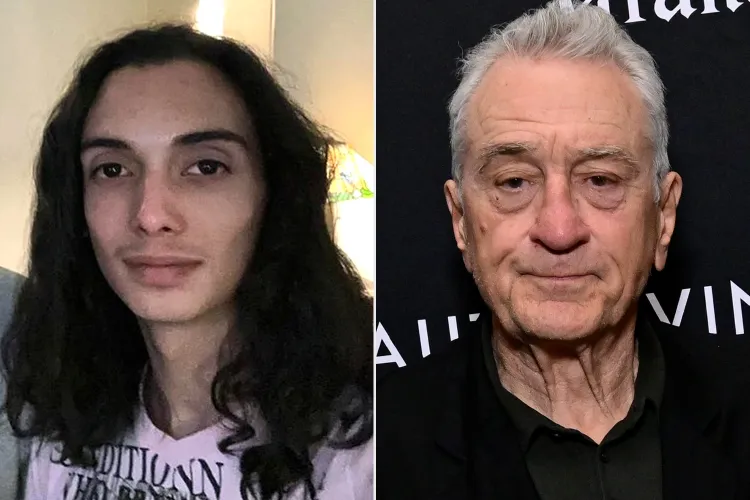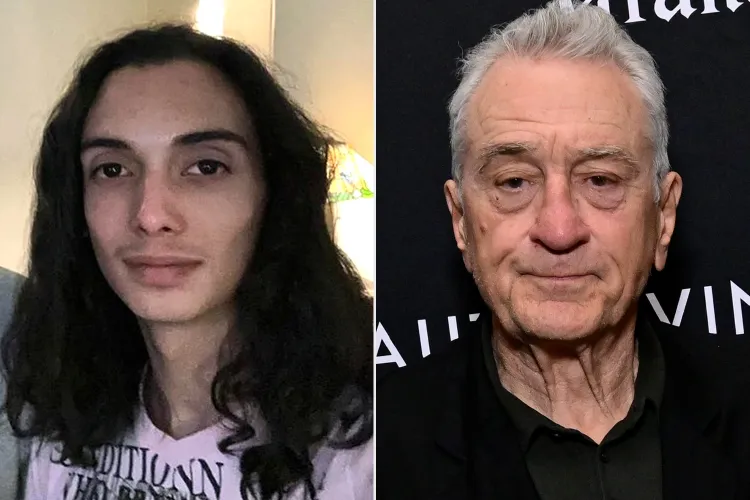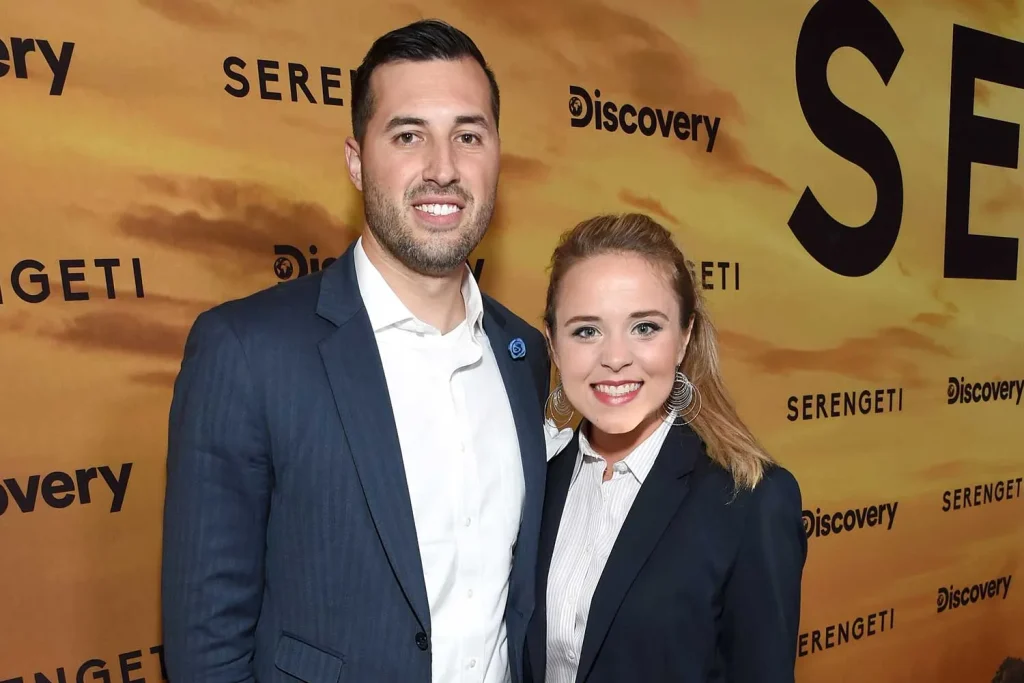Authorities Arrest Five People in Connection with the 2023 Overdose Death of Leandro De Niro-Rodriguez, Robert De Niro’s Grandson
The news landed like a cold weight: authorities in New York have arrested five people in connection with the 2023 overdose death of Leandro Anthony De Niro-Rodriguez, grandson of actor Robert De Niro. The Drug Enforcement Administration confirmed the arrests, offering a measured update in a case that has carried quiet heartbreak for a family and renewed urgency for a city still grappling with the lethal realities of the drug crisis. Leandro’s death last summer shocked many who had followed the De Niro family from a distance, but for those who knew him and loved him, it was a loss that never faded from daily life. The arrests don’t erase that grief; they do, however, mark a step toward accountability and answers.

Leandro, an aspiring artist and actor with a creative spark that friends said could light up a room, was just 19. He was the son of Drena De Niro and artist Carlos Rodríguez, and the first grandchild of Robert De Niro. In the days after his passing, Drena spoke about her son with raw tenderness, remembering a young man whose kindness felt bigger than his years. Publicly, she turned her sorrow into a plea for awareness about the drugs that are taking lives at devastating speed. Her words were less about fame and more about the simple, human pain of a mother losing her child.
The DEA’s confirmation that multiple individuals have been taken into custody makes clear that investigators never let this case drift. While officials have not released exhaustive details, the message is unmistakable: law enforcement continues to pursue those who profit from substances that are often laced, mislabeled, and deadly. At this stage, the names and specific charges are less important than the underlying point the arrests convey—there is a line between casual dealing and the kind of trafficking that leaves families shattered, and investigators intend to enforce it. As with any case, the accused are presumed innocent unless and until proven guilty in court, and the evidence will ultimately be weighed in that setting.
The story resonates far beyond one famous last name. Leandro’s death became part of a larger, ongoing conversation about fentanyl and counterfeit pills that can look indistinguishable from medication but contain lethal doses. Health officials have warned that even a single pill obtained outside a pharmacy can be fatal. Families across the country have learned that lesson in the hardest way, sometimes without even realizing the risk before it’s too late. It’s a crisis powered by supply chains that mutate quickly and a market that preys on trust, curiosity, or the simple desire to numb pain for a night.
For Robert De Niro, who has spent decades inhabiting complicated characters, this has always been one of those moments where public persona falls away and only humanity remains. He has largely kept his grief private, allowing Drena’s voice to guide the public understanding of who Leandro was and how he should be remembered. In that respect, the arrests are not a climax but a continuation—one more development in a long process that blends investigative work with the slow, personal work of healing.
There is a quiet dignity in the way the family has handled the last year: ask for accountability, warn others about the risks, and honor Leandro’s spirit in ways that feel true to his life. The latest announcement may offer a measure of relief to those who feared the trail had gone cold. It also underscores something essential about how communities confront loss: justice matters, but so do prevention, education, and compassion. Keeping other families from standing in the same place is the goal that rises above headlines.
New York, like many cities, continues to expand outreach, harm-reduction tools, and public-health messaging aimed at preventing overdoses. Organizations distribute Narcan, encourage fentanyl-test strip use where legal, and educate young people about counterfeit pills that circulate on social apps and in real-world networks. Leandro’s story is part of that effort—not as a cautionary tale built on shame, but as a reminder that lives are fragile and precious, and that one bad decision or one mislabeled pill can be irreversible.
As the legal process moves forward, the focus will return to the courts, where the facts will be presented and tested. For the De Niro family, the ache of absence doesn’t soften with a press release. But perhaps the knowledge that investigators pressed on—and that action has been taken—can bring a small measure of steadiness to a landscape that has felt unsteady since last summer. Leandro De Niro-Rodriguez lived with creativity and promise. Remembering that light, and working to protect others from the darkness that took him, may be the most important legacy of all.



